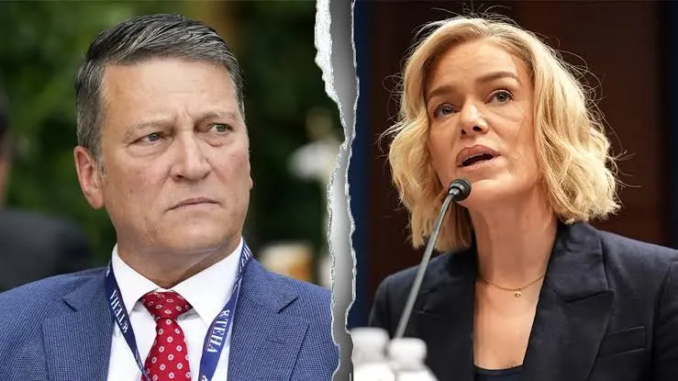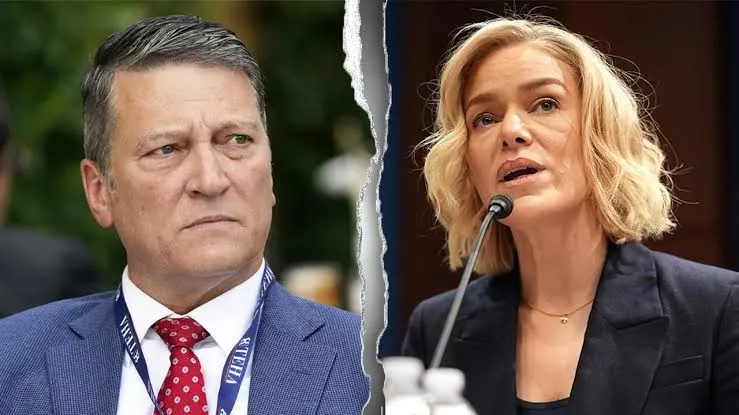

GOP Lawmaker Pushes to Defund NPR and PBS Following Hearing
A Republican lawmaker is calling for the defunding of National Public Radio (NPR) and the Public Broadcasting Service (PBS) following a heated congressional hearing that questioned the role of taxpayer funding in public media. The move has reignited the long-standing debate over federal support for journalism and educational programming.
The Push to Cut Public Media Funding
Representative [Lawmaker’s Name], a vocal critic of what he describes as “left-leaning bias” in public broadcasting, introduced a proposal to strip federal funding from NPR and PBS. During the hearing, he argued that taxpayer dollars should not be used to support media outlets that he claims promote partisan narratives.
“American taxpayers should not be forced to fund media organizations that do not represent a balanced perspective,” the lawmaker stated. “With so many alternative sources of news and entertainment available, it’s time to reconsider why we continue subsidizing NPR and PBS.”
NPR and PBS Respond
Leaders from both NPR and PBS have pushed back against the calls for defunding, emphasizing the crucial role public broadcasting plays in delivering nonpartisan news, educational programming, and cultural content to millions of Americans.
“NPR and PBS provide vital services, especially in rural communities where access to quality journalism and educational programming is limited,” said an NPR spokesperson. “Federal funding is a small but essential part of our operations.”
Public and Political Reactions
The proposal has sparked intense reactions from both sides of the political spectrum. Conservatives who support the measure argue that public media has increasingly shifted toward progressive viewpoints and should operate independently of government funding. Meanwhile, Democrats and media advocacy groups contend that cutting funding would harm access to reliable news and educational resources, particularly in underserved areas.
What Happens Next?
The effort to defund NPR and PBS is expected to face significant opposition in Congress, as previous attempts to cut public media funding have failed. However, with rising political polarization, the debate over the future of publicly funded media is unlikely to fade anytime soon.
As discussions continue, NPR and PBS supporters are mobilizing efforts to defend public broadcasting, while conservative lawmakers push for increased accountability and transparency regarding how federal funds are used in media operations.